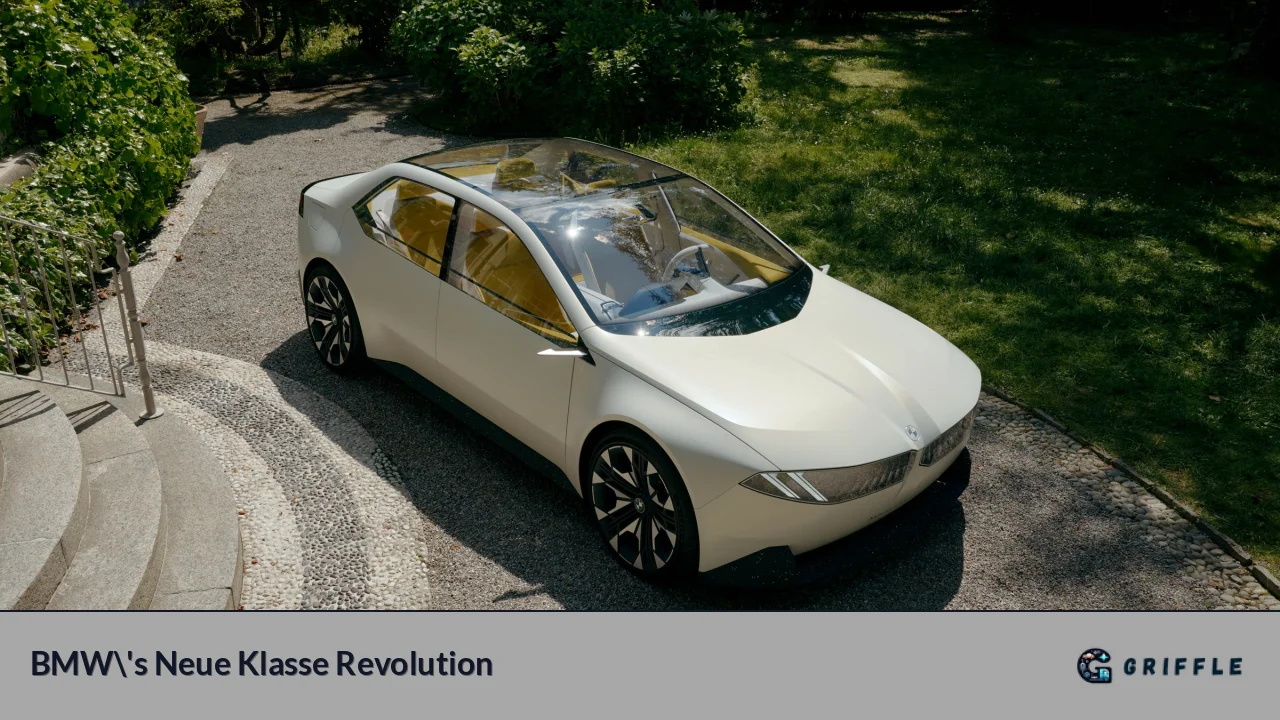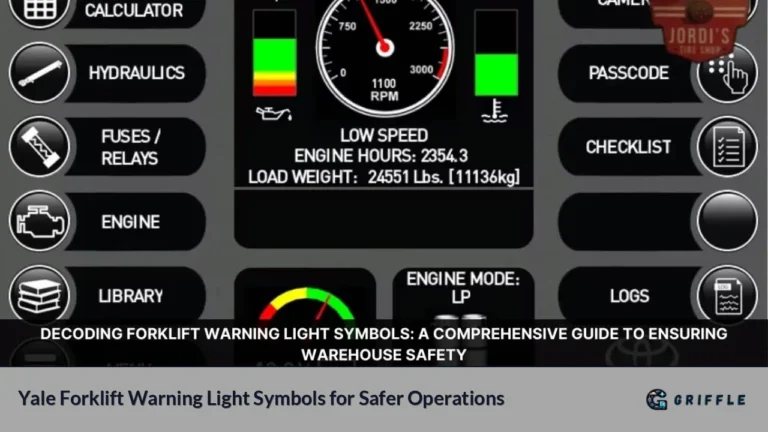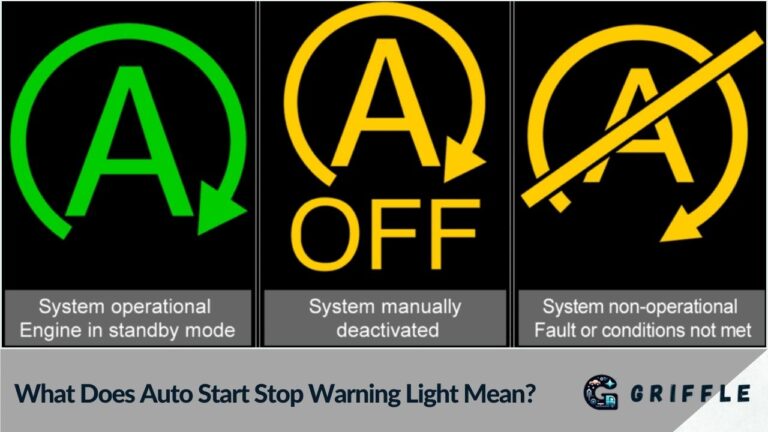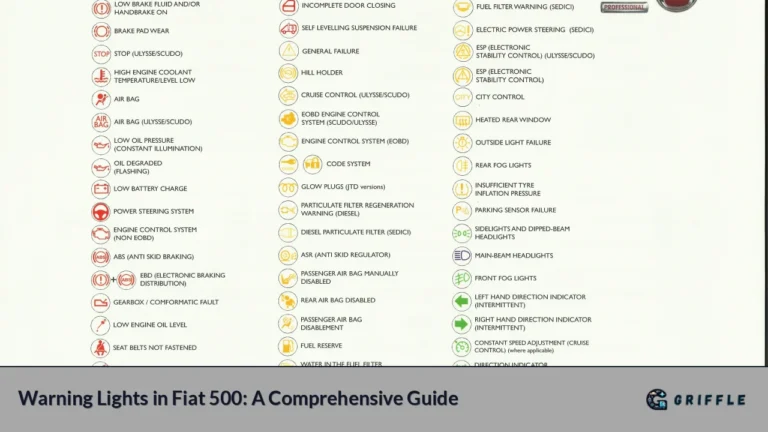In a groundbreaking development for the automotive industry, BMW has begun pre-production of its highly anticipated Neue Klasse electric vehicles. The first near-series prototypes of the all-electric SUV, likely to be named the iX3, are now rolling off the assembly line at BMW's state-of-the-art plant in Debrecen, Hungary. This milestone marks a significant step towards the official launch of BMW's next-generation electric vehicles, scheduled for late 2025.
| Key Details | Information |
|---|---|
| Vehicle Type | All-electric SUV (Neue Klasse platform) |
| Production Location | BMW Group Plant Debrecen, Hungary |
| Production Start | Pre-production: November 2024 Full production: Late 2025 |
| Expected Range | Up to 800 km (WLTP) |
| Key Technologies | Gen6 batteries, 800-volt architecture |
The Dawn of a New Era: BMW's Neue Klasse Platform

The Neue Klasse platform represents a paradigm shift for BMW, marking the company's bold step into a fully electric future. This new architecture is specifically designed for electric vehicles, offering significant advantages in component packaging, efficiency, and performance over the current CLAR platform used in BMW's existing EVs. The transition to Neue Klasse is not just a technical upgrade; it's a complete reimagining of what a BMW can be in the electric age.
Key features of the Neue Klasse platform include:
- Dedicated EV architecture for optimized design and performance
- Advanced Gen6 cylindrical battery cells for improved energy density
- 800-volt electrical system for faster charging capabilities
- Improved packaging for enhanced interior space and versatility
- Sustainable production methods and materials
BMW's commitment to the Neue Klasse platform is evident in the significant investment made in the Debrecen plant. This state-of-the-art facility has been purpose-built to produce Neue Klasse vehicles, incorporating the latest in manufacturing technology and sustainable production practices. The choice of Hungary as the launch site for this revolutionary platform underscores BMW's strategy to expand its production footprint in Europe while leveraging the region's skilled workforce and strategic location.
The iX3: Spearheading BMW's Electric Revolution

The upcoming iX3, built on the Neue Klasse platform, is set to redefine the electric SUV segment. Unlike its predecessor, which was based on a modified internal combustion engine platform, the new iX3 is designed from the ground up as an electric vehicle. This fundamental difference allows for a complete reimagining of the vehicle's proportions, interior space, and performance capabilities.
Expected features of the new iX3 include:
- Multiple battery size options, with ranges from 600 km to over 800 km (WLTP)
- Power outputs ranging from 350 hp to potentially 580 hp in top-tier models
- Advanced driver assistance systems and autonomous driving capabilities
- Next-generation iDrive infotainment system with enhanced connectivity
- Sustainable interior materials and manufacturing processes
The design of the new iX3 is expected to be a departure from the current BMW styling language. Leaked patent images and spy shots suggest a more aerodynamic profile with a sloping roofline, reminiscent of the larger iX but with a more compact footprint. The front fascia is likely to feature slim, high-tech headlights and a distinctive, elongated kidney grille in a closed-off design, as hinted at in the Neue Klasse concept vehicles.
"The new iX3 represents a significant leap forward in BMW's EV strategy. Its dedicated platform allows for optimizations in weight, space, and efficiency that simply weren't possible with converted ICE platforms. This could be the vehicle that truly establishes BMW as a leader in the premium electric segment."[1]
Technological Advancements
At the heart of the new iX3's capabilities are BMW's Gen6 batteries and motors. These cylindrical cells are expected to offer a volumetric energy density more than 20% higher than the prismatic cells currently used in BMW's EVs. This translates to longer ranges, faster charging times, and improved overall efficiency.
The 800-volt electrical architecture is another game-changer. BMW claims this system will allow for a 30% improvement in charging speeds compared to current models. This could potentially reduce charging times significantly, addressing one of the key concerns for EV adopters.
Additionally, the new iX3 is set to feature bidirectional charging capabilities, allowing the vehicle to serve as a mobile power source or contribute to grid stability during peak demand periods. This feature not only enhances the utility of the vehicle but also positions BMW at the forefront of vehicle-to-grid (V2G) technology integration.
Production Innovations
The pre-production phase at the Debrecen plant is crucial for optimizing the manufacturing process of the Neue Klasse vehicles. BMW is utilizing this period to fine-tune every aspect of production, from the delivery of materials and parts to the final assembly stages.
Key focus areas during pre-production include:
- Validation of production systems and their digital connectivity
- Optimization of logistics and supply chain processes
- Training of new staff members on advanced manufacturing techniques
- Implementation and testing of quality control measures
- Refinement of sustainable production practices
The Debrecen plant itself is a marvel of modern manufacturing, designed to be highly flexible and efficient. It incorporates advanced robotics, AI-driven quality control systems, and sustainable energy solutions to minimize its environmental impact. This aligns with BMW's broader commitment to reducing its carbon footprint across all operations.
"The start of pre-production at our Debrecen plant is a crucial milestone in the Neue Klasse journey. We're not just building a new car; we're refining an entirely new production philosophy that will set the standard for sustainable, efficient manufacturing in the automotive industry."[2]
Market Impact and Industry Implications
The launch of the Neue Klasse platform, starting with the iX3, is set to have far-reaching implications for both BMW and the broader automotive industry. For BMW, it represents a significant step towards achieving its goal of having fully electric vehicles account for at least 50% of its global sales by 2030.
Key market impacts include:
- Increased competition in the premium electric SUV segment
- Potential shift in consumer perceptions of BMW as an EV leader
- Acceleration of EV adoption in markets where BMW has a strong presence
- Pressure on competitors to accelerate their own EV development programs
The success of the Neue Klasse platform could also have significant implications for BMW's financial performance and stock valuation. Analysts will be closely watching the reception of the new iX3 and subsequent Neue Klasse models as indicators of BMW's long-term viability in an increasingly electric automotive landscape.
Competitive Landscape
The launch of the Neue Klasse iX3 comes at a time of intense competition in the electric SUV market. Key rivals include:
| Competitor | Model | Key Features |
|---|---|---|
| Tesla | Model Y | Long range, advanced autopilot |
| Mercedes-Benz | EQC | Luxury interior, MBUX system |
| Audi | Q4 e-tron | Compact size, quattro AWD |
| Volvo | XC40 Recharge | Scandinavian design, safety features |
BMW's Neue Klasse iX3 aims to differentiate itself through its advanced technology, longer range, and the brand's reputation for driving dynamics. The success of this model could potentially reshape the competitive landscape in the premium electric SUV segment.
Global Expansion Plans
While initial production of the Neue Klasse vehicles will be centered in Debrecen, Hungary, BMW has ambitious plans for global expansion. The company has announced that production will extend to its Munich plant in Germany by 2026, followed by the San Luis Potosí plant in Mexico in 2027.
This global production strategy serves multiple purposes:
- Ensuring supply chain resilience and production flexibility
- Reducing transportation costs and carbon footprint
- Potentially qualifying for regional EV incentives and tax credits
- Catering to regional market preferences and regulations
The expansion to Mexico is particularly significant, as it could help Neue Klasse models qualify for federal EV tax credits in the United States under current regulations. However, the political landscape and potential policy changes by 2027 add an element of uncertainty to this strategy.
Challenges and Future Outlook
While the launch of the Neue Klasse platform represents a significant opportunity for BMW, it also comes with its share of challenges. The automotive industry is facing unprecedented disruption, with supply chain issues, geopolitical tensions, and rapidly evolving consumer preferences all adding complexity to the market.
Key challenges for BMW include:
- Ensuring a smooth transition from current models to Neue Klasse vehicles
- Managing the high costs associated with EV development and production
- Securing a stable supply of critical materials for battery production
- Adapting to potential changes in government regulations and incentives
- Maintaining brand identity and customer loyalty during the transition to EVs
Despite these challenges, the outlook for BMW and its Neue Klasse platform remains largely positive. The company's strong brand, engineering expertise, and forward-thinking approach to electrification position it well to navigate the complexities of the evolving automotive landscape.
"BMW's Neue Klasse platform is not just about building better electric cars; it's about reimagining mobility for the 21st century. If executed well, this could be the foundation that secures BMW's position as a leading luxury automaker for decades to come."[3]
As the automotive industry continues its electric transformation, the success of platforms like Neue Klasse will likely play a crucial role in determining the winners and losers of this new era. For BMW, the journey that began with the iconic i3 now enters a new chapter, one that could redefine the brand and its place in the automotive world.
FAQs
- When will the first BMW Neue Klasse vehicles be available for purchase?
BMW plans to start series production of the first Neue Klasse model, likely the iX3 SUV, in late 2025. - What is the expected range of the new BMW iX3 based on the Neue Klasse platform?
The new iX3 is expected to offer a range of up to 800 kilometers (nearly 500 miles) on the WLTP cycle. - How does the Neue Klasse platform differ from BMW's current electric vehicle platforms?
Neue Klasse is a dedicated EV platform, offering optimized packaging, higher efficiency, and advanced technologies like 800-volt architecture. - Will all future BMW electric vehicles be based on the Neue Klasse platform?
BMW plans to introduce at least six Neue Klasse models by 2028, gradually transitioning its EV lineup to this platform. - How does BMW plan to address the increased demand for batteries with the Neue Klasse rollout?
BMW is investing in new battery technologies and partnerships to secure a stable supply of advanced Gen6 cylindrical cells for Neue Klasse vehicles.






